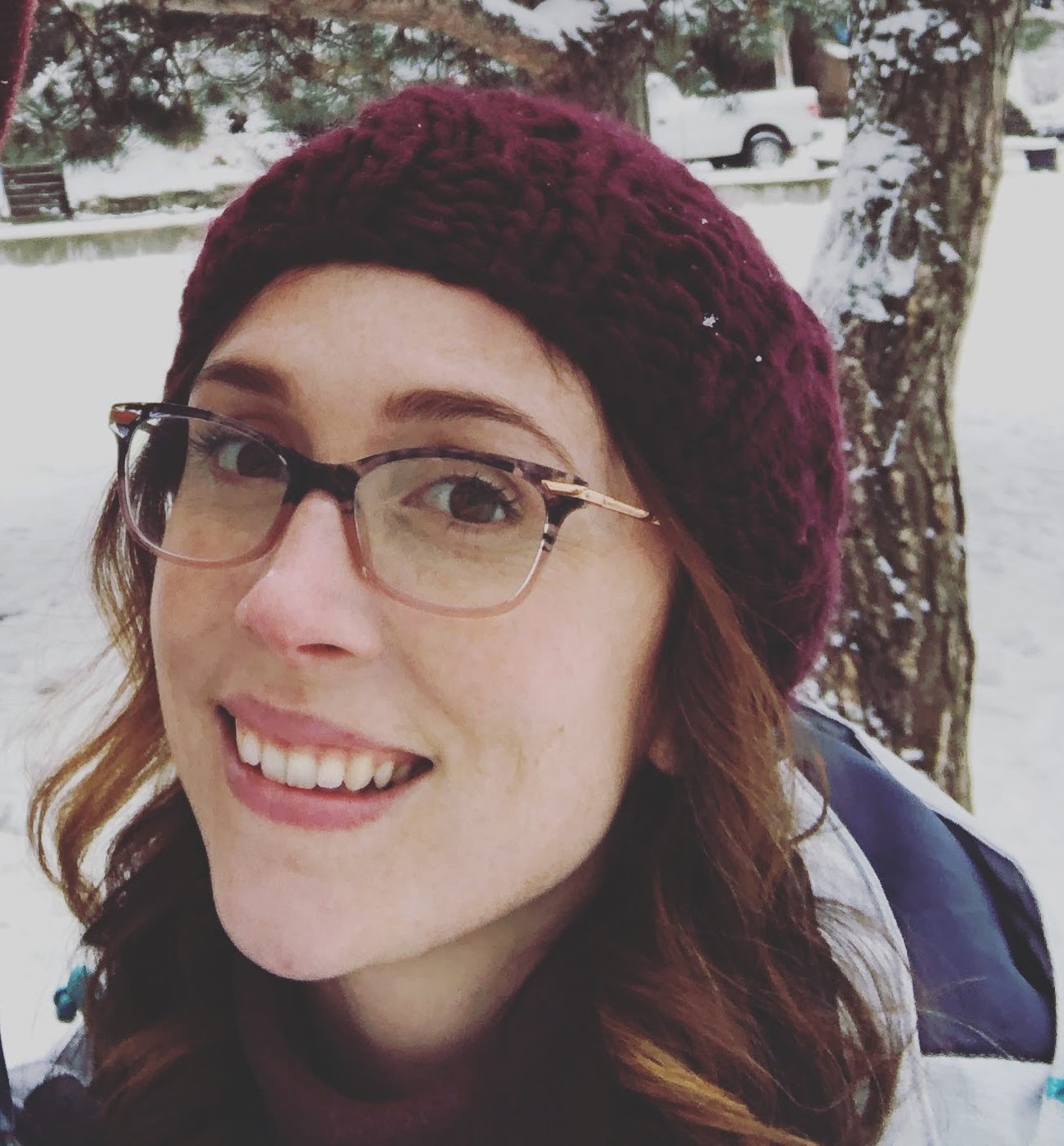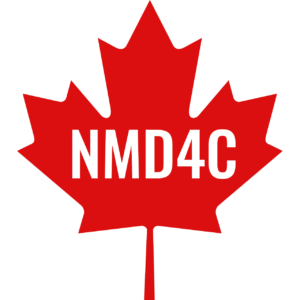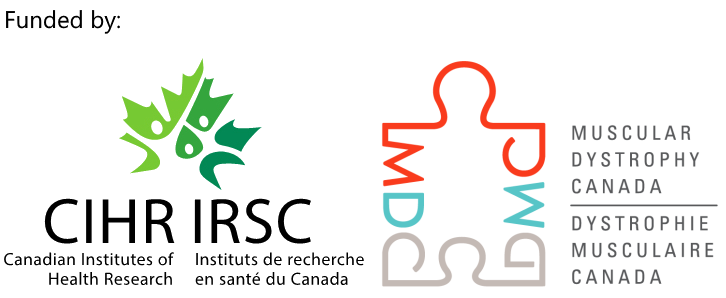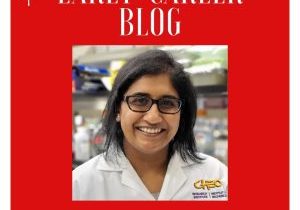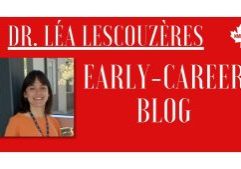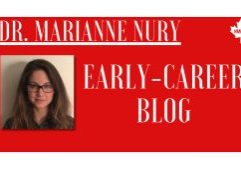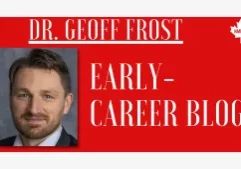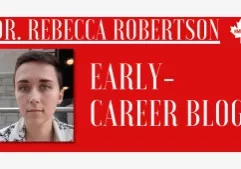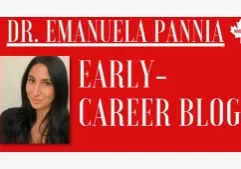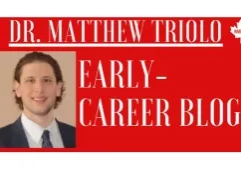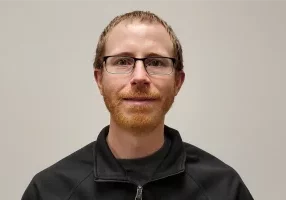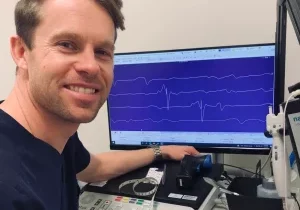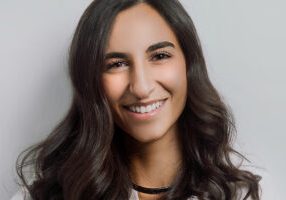Dr. Louise Moyle’s Blog
About Dr. Moyle
Dr. Louise Moyle is a postdoctoral fellow at the Institute of Biomedical Engineering at the University of Toronto, Canada. Her research investigates mechanisms of muscle stem cell dysfunction in neuromuscular disorders, with the aim of transferring this knowledge towards future cell and gene therapies. She completed her PhD in Dr. Peter Zammit’s lab at King’s College London (UK), where she investigated muscle stem cell regeneration in facioscapulohumeral muscular dystrophy (FSHD). She then spent 3 years completing a postdoc with Dr. Francesco Saverio Tedesco at University College London (UK) in stem cell trans-differentiation and disease modelling. She is currently working in the laboratory of Dr. Penney Gilbert, where she is supported by a Medicine by Design postdoctoral fellowship. This research aims to understand how mechanosensing via the LINC complex contributes to the process muscle stem cell repair, with relevance to Emery-Dreifuss muscular dystrophy.
Dr. Moyle’s Blog
I have always had a fascination with biology and the natural world. My original career plan growing up was to be an elephant vet in the Serengeti, trekking through national parks and helping to preserve endangered species. So, I enrolled in an undergraduate degree at the Royal Veterinary College in London, where my interest turned to something slightly smaller – stem cells. I was amazed by the idea that populations of tissue-resident cells maintain and repair the body throughout life, and how drastic the consequences of impaired stem cell-mediated regeneration can be to an individual. It made me consider that understanding stem cell biology could help towards the development of new therapies for incurable conditions, such as many neuromuscular disorders. After attending a seminar on the potential of muscle stem cell transplantations to repair dystrophic muscles, I was hooked.
I jumped at the opportunity to undertake a PhD in Dr. Peter Zammit’s lab at King’s College London, where I studied how DUX4, a transcription factor expressed only in FSHD cells, affected muscle stem cell differentiation. It was an exciting time to be doing that research, since the complex genetic mechanism explaining why DUX4 is expressed in FSHD was only established the year that I started (2010). My studentship was sponsored by the Medical Research Council (UK) and Muscular Dystrophy UK, which gave me the chance to be involved in patient information days to describe the research we were doing with their fundraised money. I was humbled by the dedication and knowledge of patient advocacy groups, which spurred me on during the inevitable challenging periods of my research.
After my PhD, I wanted to apply my skills to broader aspects of translational research, so I joined the lab of Dr. Francesco Saverio Tedesco at University College London. Here, we investigated how other muscle-resident progenitor cell populations contribute to regeneration, and how manipulating the cues that muscle stem cells receive could be exploited to alter their behavior and potentially increase their clinical relevance. Being in Sav’s lab also taught me the importance of networking, and how fruitful international consortiums can be. Through the EU-funded Plurimes consortium’s lab exchange program, I was able to spend time in Dr. Konstantinos Anastassiadis’ lab at the Dresden University of Technology to perform CRISPR-Cas9 gene editing in induced pluripotent stem cells (iPSCs), and experience lab life in another country.
Another project in Sav’s lab that I was grateful to be part of was the characterization of 3D human iPSC-derived engineered muscle tissues, to model neuromuscular disorders in a dish. The fact that 3D cultures intensified certain pathogenic features compared to standard 2D cultures made me curious about how physical cues contribute to muscle injury and repair. So, in 2018, I joined Dr. Penney Gilbert’s lab at the University of Toronto (U of T) to study muscle stem cell mechanobiology. My experience in Canada has been so enriching – mechanobiology is an exciting, emerging field to be in with many new tools and techniques being developed to understand how forces are sensed and responded to by cells. I’ve also really enjoyed getting to know the U of T and Canadian muscle researchers and found the environment very collaborative.
It has now been over a year since the COVID-19 pandemic started, and I (like everyone else) have found it tough. While in-person meetings are cancelled, I’ve really appreciated the opportunities to stay connected with fellow researchers through platforms such as the Muscle Science Talks and events like NMD4C Early Career Forum. One silver lining is that since moving virtual, the Myogenesis Scientific Discussion Group that I co-run with Dr. Mo Zhao and Matthew Rok has expanded massively – we can no longer provide pizza, but we’ve been able to host talks from researchers across the globe. Once international travel becomes possible again, I hope some virtual events remain to increase the accessibility of new ideas to everyone.
